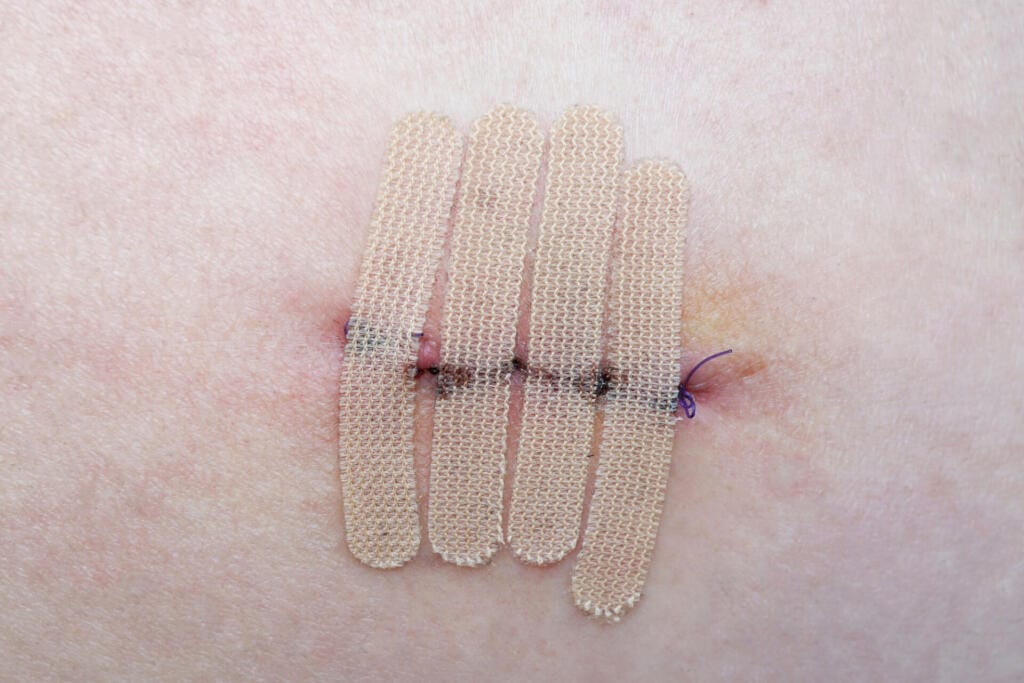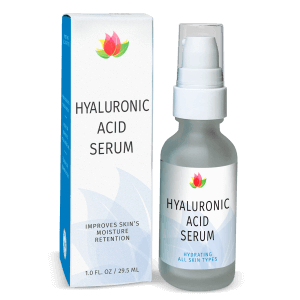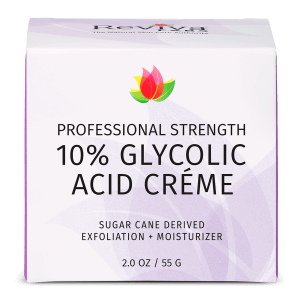Skin Care
Should You Apply Skincare to Broken Skin? Exploring the Benefits and Risks of Treating Compromised Skin
Applying skincare products to broken or abraded skin often invites a swirl of advice and opinions. Some argue that carefully chosen ingredients can aid healing and prevent infection, while others warn that applying anything to compromised skin may exacerbate irritation or cause adverse reactions. Below, we explore both sides of this issue, highlighting the benefits and drawbacks of applying skincare to damaged skin, with a focus on understanding when and how to use certain products safely.
Benefits of Applying Skincare to Broken or Abraded Skin
1. Accelerated Healing and Soothing Relief
Certain ingredients can significantly aid the healing process, offering soothing relief and promoting skin renewal. Ingredients like aloe vera and allantoin are renowned for their calming effects on sensitive or irritated skin. Aloe vera, for example, is not only soothing but also provides hydration, which helps support the skin’s natural barrier during recovery. Allantoin, another star ingredient, has been widely used to condition and repair skin by reducing inflammation and encouraging cellular regeneration, making it a helpful choice for minor cuts or abrasions.
2. Protection from Environmental Aggressors
Damaged skin is more vulnerable to bacteria, pollutants, and UV radiation, which can hinder the healing process. Products with ingredients like hyaluronic acid and vitamin E create a protective layer that helps guard against environmental stressors. Hyaluronic acid, in particular, is a humectant that pulls moisture into the skin, creating a hydration barrier while maintaining breathability. This quality helps prevent the skin from drying out, which can worsen pain and slow down healing.
3. Infection Prevention
When skin is broken, it becomes a potential entry point for harmful bacteria and infections. Gentle antiseptic ingredients, such as witch hazel or tea tree oil, can act as mild antibacterial agents that prevent infection without causing excessive dryness. These ingredients, however, must be used sparingly and in diluted forms to avoid further irritation.

Drawbacks and Risks of Applying Skincare to Broken or Abraded Skin
1. Potential for Irritation and Sensitivity
One of the most common risks when applying skincare to damaged skin is increased irritation. Some ingredients, such as glycolic acid or retinol, are designed to exfoliate and stimulate skin renewal but may be too harsh on compromised skin. These active ingredients can sting or burn, aggravating pain and leading to further damage. For instance, glycolic acid’s potency, while ideal for sloughing away dead cells on healthy skin, can penetrate too deeply into open wounds, potentially causing prolonged redness or irritation.
2. Allergic Reactions and Contact Dermatitis
Broken skin is highly permeable, making it more susceptible to allergic reactions. Ingredients that typically don’t cause reactions on intact skin, such as fragrances or preservatives like phenoxyethanol, can suddenly become problematic when applied to open areas. This heightened reactivity can lead to contact dermatitis, characterized by red, itchy, and inflamed skin. Those with sensitive or reactive skin should be especially cautious, as the likelihood of adverse reactions is higher when the skin barrier is compromised.
3. Slower Healing Due to Over-Moisturization
While hydration is essential, excessive moisture on open wounds or abrasions can prevent proper healing. Some skincare products, especially rich emollients or occlusive balms, may trap bacteria or other contaminants against the skin, potentially leading to infection. A lighter, breathable moisturizer with humectant properties, like those containing hyaluronic acid, may be preferable over thick creams or balms in such cases.
Recommended Ingredients and Products for Broken Skin
For safe, supportive skincare on compromised skin, consider gentle products designed for sensitive or healing skin. Here are some effective options:
- Aloe Vera and Chamomile Extract: Both are known for their soothing and anti-inflammatory properties, helping to calm redness and provide a cooling effect without heavy oils.
- Vitamin E: As a powerful antioxidant, it assists in skin recovery and reduces oxidative stress around wounds. However, it should be applied only in diluted or light concentrations to avoid clogging the skin.
- Allantoin: Widely recognized as a healing agent, allantoin helps regenerate skin tissue and reduce irritation.
- Hyaluronic Acid: With its moisture-binding properties, it hydrates the skin without overwhelming it, forming a breathable layer that protects the area without trapping bacteria.
When to Avoid Applying Skincare to Broken Skin
Certain situations call for abstaining from skincare applications entirely to allow natural healing. For instance, if the skin is severely inflamed or deeply cut, it may be wise to avoid even mild products and focus on medical treatments. Similarly, areas that are actively bleeding or have signs of infection should be left undisturbed until they begin to scab or show signs of healing.

Best Practices for Applying Skincare to Compromised Skin
If you decide to use skincare products on broken skin, follow these tips to maximize healing and minimize risk:
- Cleanse Gently: Use mild, alcohol-free cleansers to gently remove any dirt or debris around the area without disturbing the skin further. Avoid foaming cleansers or scrubs, which can cause irritation.
- Apply a Thin Layer: Less is more when it comes to applying products to broken skin. A thin layer allows the skin to breathe and prevents product buildup, which can lead to irritation or infection.
- Patch-Test Carefully: Before applying any product to an open wound, perform a patch test on healthy skin nearby to check for potential reactions. This precaution is especially critical for those with sensitive or reactive skin.
- Skip the Fragrance: Fragrances, even natural essential oils, are a common cause of skin sensitivity. Opt for fragrance-free formulas or products with minimal ingredients to reduce the risk of irritation.
- Monitor the Healing Process: If you notice increased redness, itching, or pain after applying skincare, discontinue use immediately. These symptoms may indicate a reaction or product sensitivity.
Choosing the Right Approach for Compromised Skin
Applying skincare to broken or abraded skin is a nuanced choice. While certain ingredients, like aloe vera and allantoin, can help soothe and speed up healing, other components, particularly harsh actives or heavy occlusives, may worsen irritation or slow recovery. Always assess the condition of the compromised skin, use mild, fragrance-free products, and keep an eye on any changes to the area. By choosing the right ingredients and monitoring the skin closely, you can safely support the skin’s natural healing process and minimize the risk of complications.









